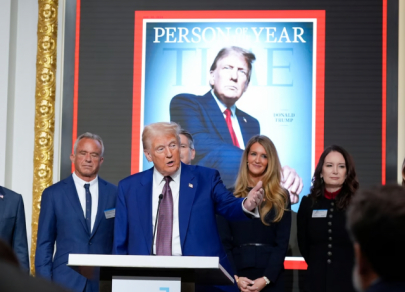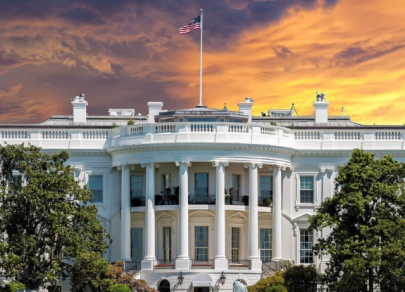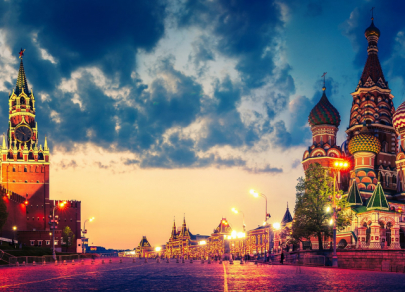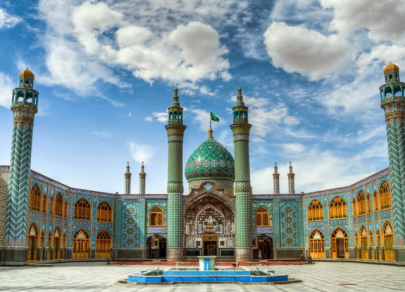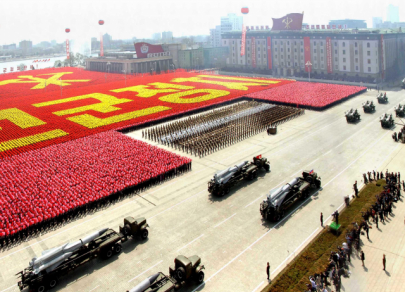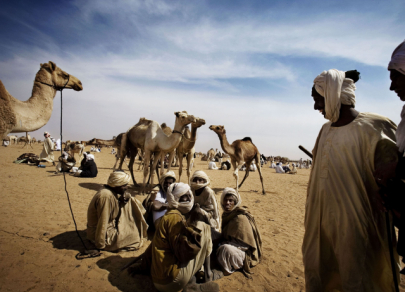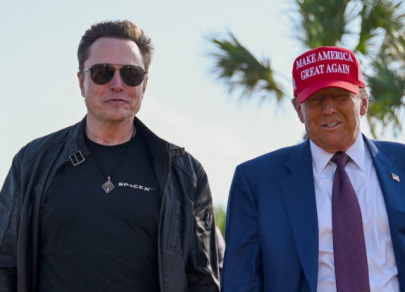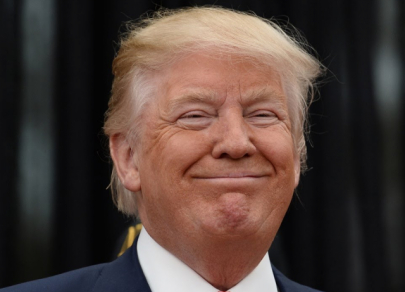Russia
The United States suspended cooperation with Russia due to the situation in Ukraine and the annexation of the Crimea in March 2014. At the same time, the first sanctions were imposed on Russian individuals and companies.
In the same year, US President Barack Obama issued special decrees "on supporting sovereignty, integrity, democracy, and economic stability of Ukraine" and "on supporting the freedom of Ukraine", on the basis of which a multi-level system of sanctions against the Russian Federation was introduced.
American sanctions are aimed at key sectors of the Russian economy: financial, energy, defense, mining, and smelting. These measures limit the provision of loans, investment services, prohibit the supply of weapons, military equipment, high-tech equipment and technologies (for example, for exploration and production of oil in deep-sea areas, on the Arctic shelf and in shale formations).
Special “Crimean” sanctions prohibit investments in this region, as well as the importation or exportation of goods, services or technologies into (from) the territory of the peninsula.
